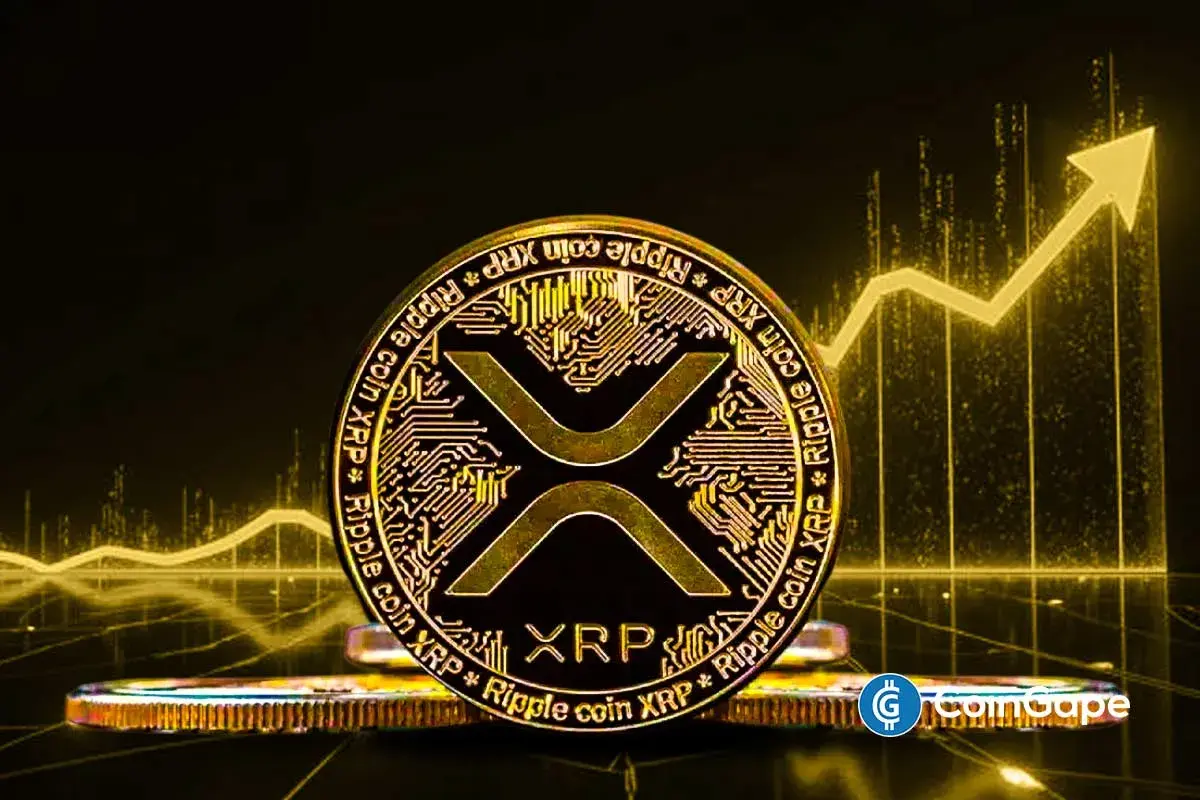Hong Kong Monetary Authority Partners With Bank of Israel to Pilot CBDC

The Hong Kong Monetary Authority (HKMA), the Bank of Israel (BOI), and the Bank for International Settlements Innovation Hub (BISIH) Hong Kong Centre have joined forces to experiment with a central bank digital currency (CBDC). Known as Project Sela, this initiative aims to develop a CBDC (rCBDC) ecosystem that is efficient, accessible, and secure while prioritizing concerns such as privacy and cybersecurity.
Addressing the Division of Roles
One of the areas of focus in Project Sela is determining how tasks should be divided between the private sectors. The project envisions a structure where the central bank oversees the ledger and provides accounts to end users while customer-facing services and compliance are managed by sector intermediaries. According to people familiar with the matter, this unique setup will foster innovation, competition, and better service access.
Innovative Access Enablers
In implementing Project Sela’s proposed framework, legal analysis has confirmed its viability by introducing a new category of service providers known as “Access Enablers” (AEs). These specialised firms manage customer interactions but do not directly control or hold the digital currency. This arrangement eliminates credit risk, as all transactions are settled directly on the central bank’s balance sheet, which maintains the ultimate responsibility for the currency.An arrangement like this relaxes standards for AEs, which could lead to a more diverse range of payment service providers and foster a competitive market.
The focus on cybersecurity in Project Sela stems from the understanding that increased accessibility may come with risks. By utilising Israel’s expertise in cybersecurity and drawing insights from projects in Hong Kong, the goal is to ensure that security is not compromised while benefiting from accessibility.
Technological Backbone
Project Sela’s foundation lies in its backbone, developed in collaboration with sector service providers such as FIS and M10 Networks. Building upon the experiences gained from Project Aurum in Hong Kong and Israel’s work on its digital Shekel, this venture establishes a base.
Collaborations like Project Sela are establishing a blueprint for the future as central banks worldwide navigate the transition to CBDCs. By striking a balance between innovation and security and considering public responsibilities alongside private enterprise, this collaboration between Hong Kong and Israel could revolutionize their financial systems and serve as a model for CBDCs globally.
Play 10,000+ Casino Games at BC Game with Ease
- Instant Deposits And Withdrawals
- Crypto Casino And Sports Betting
- Exclusive Bonuses And Rewards

- Senate Eyes CLARITY Act Markup This Month as Banks, Crypto Continue Stablecoin Yield Talks
- Why XRP Price Rising Today? (2 March)
- Breaking: Bitcoin Price Rises to $70k as Gold Crashes Amid U.S.-Iran Conflict
- Bitcoin News: Anthony Pompliano’s ProCap Buys 450 BTC, Gold Bug Peter Schiff Reacts
- Fed Rate Cuts More Likely If U.S.-Iran Conflict Extends, Arthur Hayes Predicts
- Top 5 Historical Reasons Dogecoin Price Is Not Rising
- Pi Coin Price Prediction for March 2026 Amid Network Upgrade, KYC Boost, Rewards Distribution
- Gold Price Nears ATH; Silver Eyes $100 Breakout on Us- Iran War
- Bitcoin And XRP Price As US Kills Iran Supreme Leader- Is A Crypto Crash Ahead?
- Gold Price Prediction 2026: Analysts Expect Gold to Reach $6,300 This Year
- Circle (CRCL) Stock Price Prediction as Today is the CLARITY Act Deadline

 Buy $GGs
Buy $GGs

















